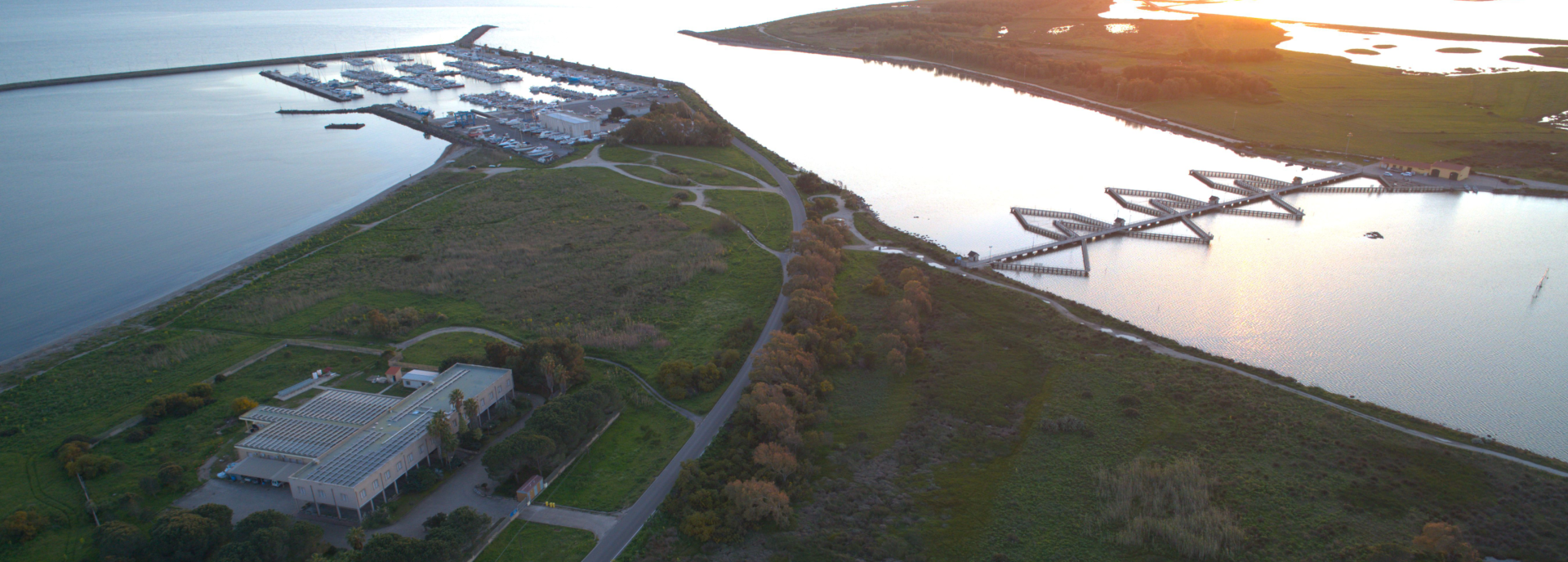The general focus of the Benthic Ecology Group is to study the biodiversity and functioning of coastal marine and transitional systems, with a major focus on the benthic compartment. At present, the group is investigating:
- Benthic assemblages:
-
the effect of natural and anthropogenic pressures (e.g. confinement, eutrophication, organic matter enrichment, saprobity) on the spatial and temporal distribution of soft bottom benthic assemblages in coastal transitional ecosystems.
-
the effect of lagoon-coastal water exchange on the hydrological features, sediment characteristics and the spatial and temporal distribution of soft bottom benthic assemblages.
-
development and application of benthic indicators of environmental quality within the Water Framework Directive (WFD, 2006/60/EC) and the Marine Strategy Framework Directive (MSFD; 2008/56/EC) of the European Commission.
-
- Food webs:
-
the trophic relations among the main components of the ecosystem (detritus, organic matter, primary producers, primary consumers and other consumers higher up in the food web) by the analysis of the stable isotopes of Carbon (δ13C) and Nitrogen (δ15N).
-
the effect of an invasive species, the bivalve Arcuatula senhousia, on the material and energy flux from the pelagic to the benthic environment by the analysis of the stable isotopes of Carbon (δ13C) and Nitrogen (δ15N), in laboratory experiments.
-
- Nutrient and organic matter cycling:
-
the effect of the excretion and bioturbation of benthic animal on the sediment oxygen demand and nutrient flux in coastal lagoons and estuaries.
-
the development of microphytobenthos in intertidal and subtidal sediments, and the characterization of biofilm-forming cyanobacteria for exopolysaccharide production and biotechnological applications.
-
